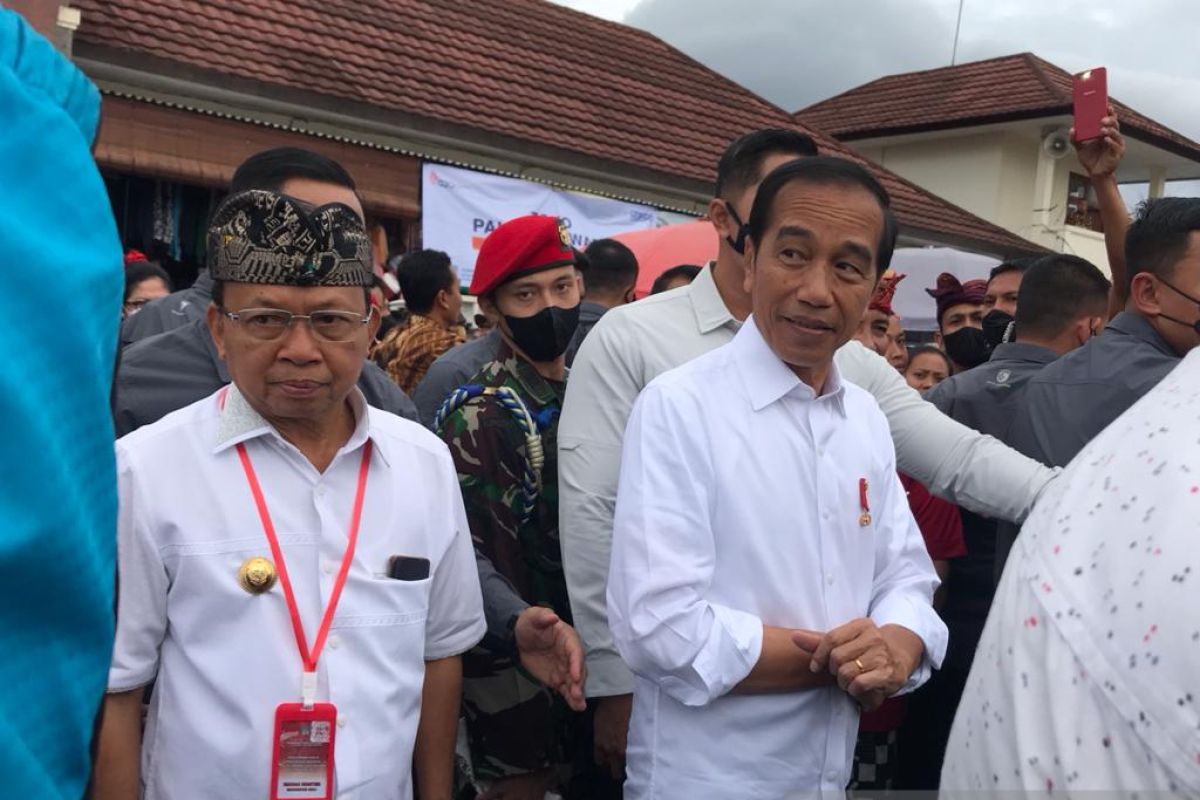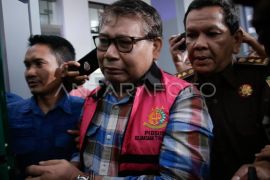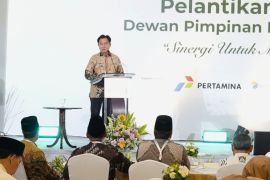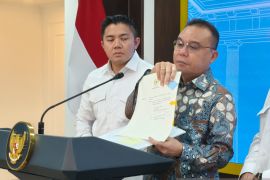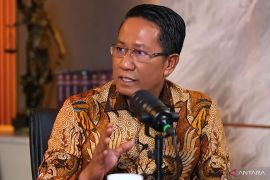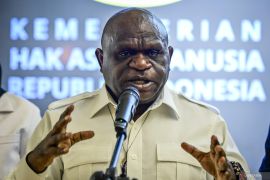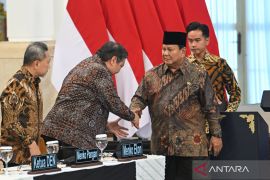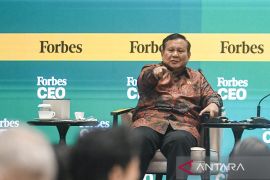"That will be our joint evaluation and correction," he stated after visiting Baturiti Market in Tabanan, Bali, Thursday.
On Tuesday, January 31, Transparency International Indonesia (TII) launched Indonesia's CPI data or Corruption Perception Index for 2022, which dropped four points to 34, from 38 in 2021 or is in the 110th position out of 180 countries surveyed.
The CPI draws on eight data sources and expert assessments to measure public sector corruption in 180 countries and territories. A score of 0 is very corrupt and 100 is very clean.
With these results, Indonesia was only able to increase its CPI score by two points, from a score of 32 over the last decade since 2012. In 2021, Indonesia's CPI score was 38, with a ranking of 96.
"This score is the most drastic decrease since 1995," TII's Deputy Secretary General Wawan Heru Suyatmiko stated.
In the ASEAN, Singapore is the least corrupt country, with score 83, followed by Malaysia (47), Timor Leste (42), Vietnam (42), Thailand (36), Indonesia (34), the Philippines (33), Laos ( 31), Cambodia (24), and Myanmar (23).
Meanwhile, at the global level, Denmark is ranked first, with a CPI of 90, followed by Finland and New Zealand (87), Norway (84), Singapore and Sweden (83), and Switzerland (82). At the lowest position were Somalia, with a score of 12, Syria and South Sudan (13), and Venezuela (14).
Indonesia's CPI is the same as Bosnia and Herzegovina, Gambia, Malawi, Nepal, and Sierra Leone. Indonesia's score is even lower than Colombia (39), Lesotho (37), Kazakhstan (36), and Sri Lanka (36).
Suyatmiko noted that based on analysis, economic indicators experienced major challenges between the professionalism of companies in implementing the anti-corruption system and state policies that relaxed ease of investment.
"What kind of countries do developing countries want to choose investors from? Is it from countries with high anti-corruption standards or prioritize economic growth?" he questioned.
In terms of political indicators, Suyatmiko observed no significant change because political corruption is still thriving.
"Types of corruption, bribery, gratuities, and conflicts of interest between politicians, public officials, and business actors are still common. Business actors who come to Indonesia are not only at risk in the form of profit and loss but also a political risk," he stated.
Furthermore, law enforcement indicators show that anti-corruption policies have proven to be ineffective in preventing and eradicating corruption.
Related news: Limiting cash transactions could reduce graft risk: Minister
Related news: VP assures govt's commitment to minimize possibility of corruption
Related news: Public perception of corruption eradication is not good yet: Jokowi
Translator: Desca Lidya N, Resinta S
Editor: Azis Kurmala
Copyright © ANTARA 2023
